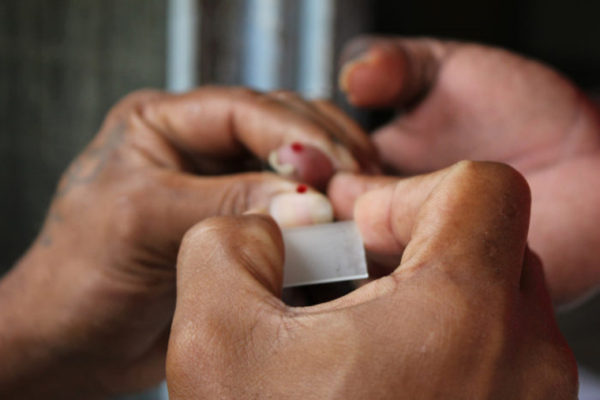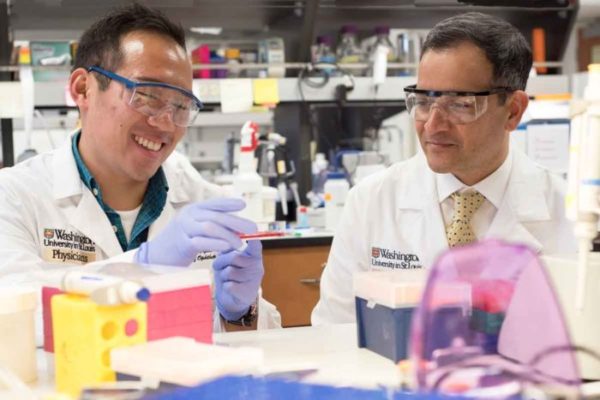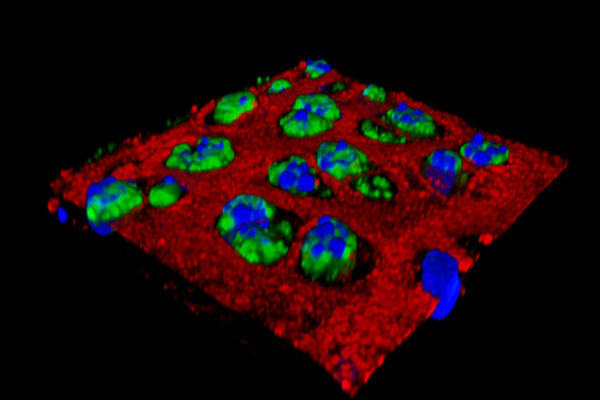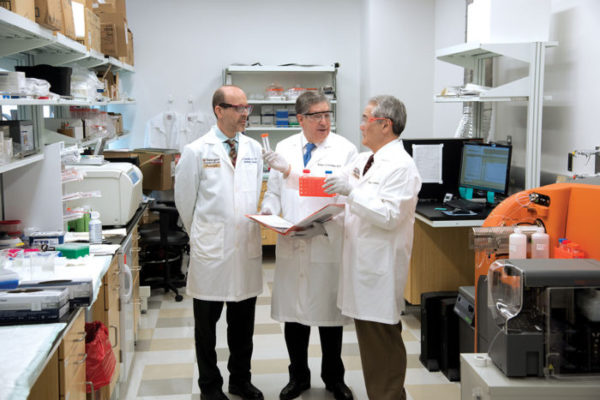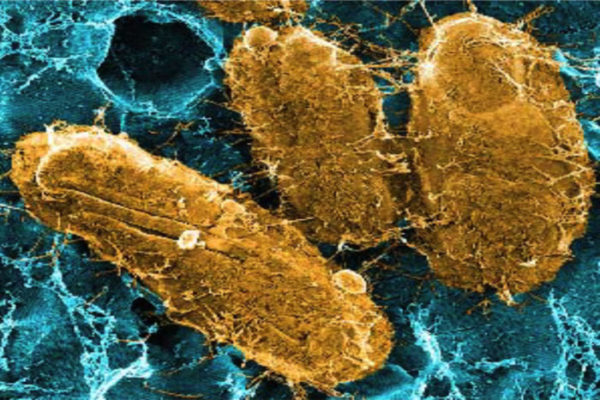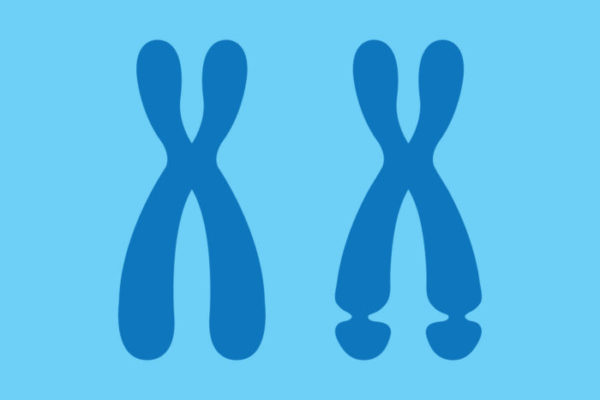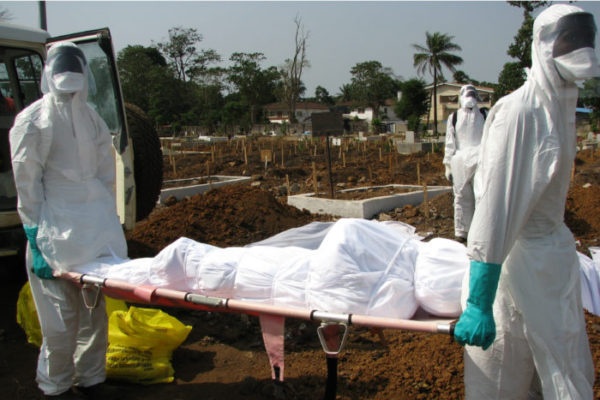Gordon receives Beering Award
Jeffrey I. Gordon, MD, of Washington University School of Medicine in St. Louis, has been honored with the Steven C. Beering Award for his seminal contributions to establishing the field of human microbiome research. His research has revealed a vital relationship between the tens of trillions of microbes that live in the human gut and a person’s health status.
Vaccine targets identified for deadly form of malaria
Researchers at Washington University School of Medicine in St. Louis have identified a potential vaccine target against Plasmodium vivax, a parasite that causes malaria in millions of people worldwide every year.
Countdown to debate: Brookings shines red, white and blue
Hundreds celebrated the start of debate week at Washington University in St. Louis Oct. 1 with the lighting of Brookings Hall.
Culprit identified as a major cause of vision loss
Researchers at Washington University School of Medicine in St. Louis have identified a pathway involved in harming rods and cones in the retina and have found a way to halt that damage.
Nanoparticle injections may be future of osteoarthritis treatment
Researchers at Washington University School of Medicine in St. Louis have shown in mice that they can inject nanoparticles into an injured joint suffering from osteoarthritis and suppress inflammation immediately following an injury, reducing the destruction of cartilage.
$10 million gift creates Bursky Center for Human Immunology and Immunotherapy
Washington University School of Medicine in St. Louis has received a $10 million gift to support research that harnesses the immune system to fight cancer, infectious diseases, and disorders caused by autoimmunity and immune deficiencies. The gift from Andrew M. and Jane M. Bursky will advance cutting-edge work at the newly named Andrew M. and Jane M. Bursky Center for Human Immunology and Immunotherapy Programs.
Researchers identify protein critical in causing chronic UTIs
Researchers have identified a potential way to prevent chronic urinary tract infections (UTIs). Their research points to a key protein that bacteria use to latch onto the bladder and cause UTIs, according to scientists at Washington University School of Medicine in St. Louis. Vaccinating mice against the protein reduces the ability of bacteria to cause severe disease.
Academic, corporate, political leaders gather in Brisbane to address global challenges
University leadership from around the globe will meet at The University of Queensland from Sept. 22-25 to focus on how research universities can join forces to tackle the critical problems of the 21st century. The event is the sixth McDonnell International Scholars Academy Symposium.
New explanation offered for symptoms of fragile X syndrome
Researchers at Washington University School of Medicine in St. Louis have found another possible explanation for some of the symptoms of fragile X syndrome. The study, published Sept. 20 in Cell Reports, provides a new way of looking at the underlying causes of the syndrome and suggests new targets for treatment.
Ebola focus of $13 million grant
A $13 million grant to study how the Ebola virus replicates has been awarded to a team led by Gaya Amarasinghe, associate professor of pathology and immunology at Washington University School of Medicine in St. Louis.
View More Stories

